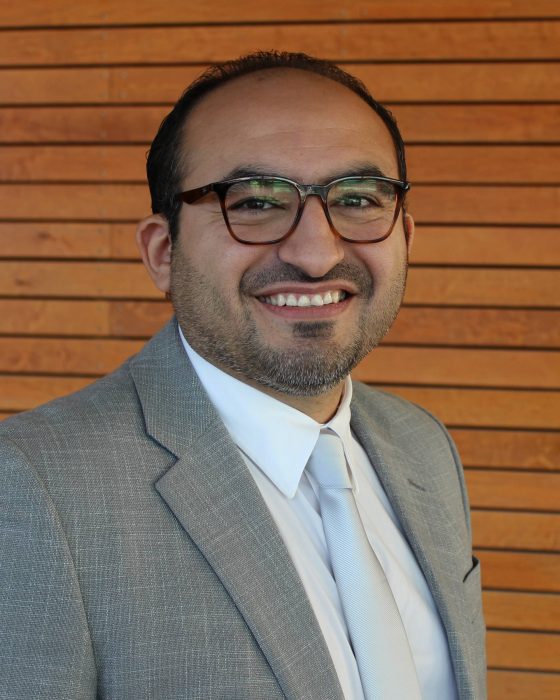
Dr. Allan Garland's project is studying the staffing of adult intensive care units in the United States and how it influences patient outcomes.
Rady Faculty researchers receive prestigious U.S. grants
Two Rady Faculty of Health Sciences researchers have received funding from the United States government’s medical research agency.
Dr. Allan Garland, professor of internal medicine in the Max Rady College of Medicine, and Dr. Sherif Eltonsy, assistant professor in the College of Pharmacy, each received funding from the National Institutes of Health (NIH) for projects they are collaborating on with colleagues at American universities.
Intensive care unit staffing
Garland is a co-investigator on a research project studying the staffing of adult intensive care units (ICUs) in the United States and how it influences patient outcomes.
He is working on the study – that received $324,000 in NIH funding over five years – with colleagues from the University of Miami, Cornell University and Yale University.

Dr. Allan Garland
The first aim of the project, which they have now completed, surveyed about 500 ICUs. The goal was to understand the mix of health-care practitioners working in ICUs, including physicians, nurses, physician assistants, pharmacists, respiratory therapists, social workers, physical and occupational therapists, speech pathologists and pastoral care.
“There are huge staffing differences in ICUs across the United States,” Garland said. “Within states, between hospitals, and even between different ICUs within hospitals there are major differences in the type and number of staff.”
While a previous study, conducted in 1992, looked at physician staffing, Garland said his research is the broadest ever to examine the details of ICU staffing.
The second aim of the study is to observe the patterns of staffing found in the first part of the project and see if, and how, they relate to mortality.
“The hope is that we can better understand the relationship between how ICUs are structured from a staffing standpoint,” Garland said. “If there is a relationship between the way staffing is structured and outcomes that would give ICUs a way to improve outcomes for their patients by optimal staffing.”
The research team has also received Canadian Institutes of Health Research funding to explore the structure of ICU care in Canada.
HIV health challenges
Eltonsy is a co-investigator on a project focused on understanding and addressing the health challenges faced by people living with HIV who come from underserved and marginalized communities, including racial and ethnic minorities, transgender individuals and those facing unstable housing or recent incarceration.
Eltonsy is working on the project – that received $3.4 million in NIH funding over five years – with colleagues from the University of Washington.

Dr. Sherif Eltonsy
“People from underserved and marginalized communities often experience higher rates of substance use and worse outcomes when it comes to HIV care,” Eltonsy said.
“Our goal is to investigate the reasons behind these disparities, such as social and structural factors, and use this knowledge to develop better treatment and prevention programs to meet their unique needs.”
The research team is collecting data from about 20 HIV clinics and care facilities across the United States. Eltonsy said the long-term plan is to bring the study to Canada.
“Addressing health disparities is not just about medical treatment – it’s about understanding the social, cultural, and structural factors that impact people’s lives,” Eltonsy said.
“By focusing on underserved and marginalized communities, we aim to ensure that everyone has an equal opportunity to live a healthy life, regardless of their background or circumstances.”
Eltonsy said the project is important at this moment because of the rising concerns about opioid use and other substance-related issues.
“Now is the time to address these problems comprehensively,” he said. “This research is timely because it brings a much-needed focus to the most vulnerable groups who are often left behind in broader health initiatives.”






